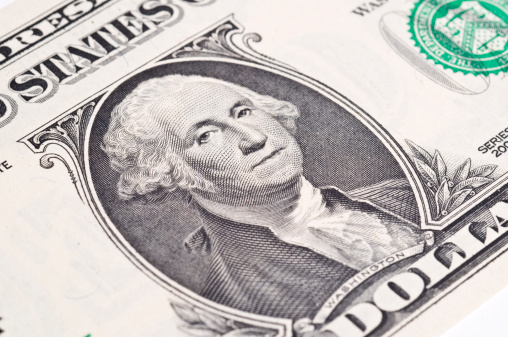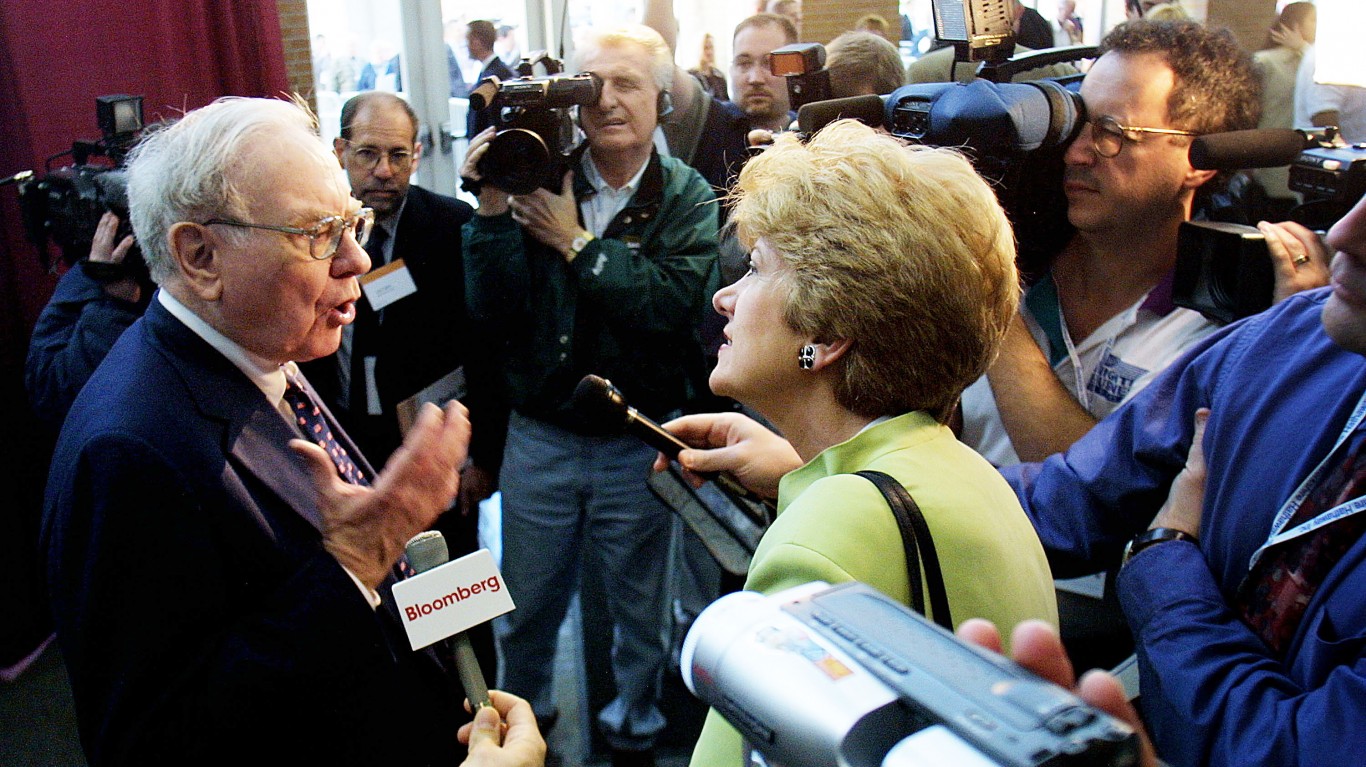Short selling has always been a difficult game. One of the reasons that many investors, both institutional and retail, avoid selling stock short is the potential for loss is unlimited. In a long position, where you actually own the stock, the potential for loss is the difference between your purchase price and zero. In short selling, the stock can continue to go against you indefinitely.
January was a month that short sellers have been dreaming of. They had the ability to cover stocks during the latter half of the month and either get out up or at a minimum lower some of their losses. The numbers were dramatic in some cases, and you can bet there were some portfolio managers, especially at hedge funds, that saw the almost 6% S&P 500 sell-off as a blessing.
Here are top six names that saw the highest percentage of short covering.
BlackBerry Ltd. (NASDAQ: BBRY) has been circled by short sellers for years. Despite countless efforts to reboot the company, the smartphone revolution has knocked the company from former lofty heights to single digits. Short sellers covered 14,193,136 shares, or 13.2% of the outstanding shares sold short. Apparently, there is some belief that its new CEO might be working toward success. The Thomson/First Call consensus price target for the stock is $7.24. BlackBerry traded at $9.80 early Wednesday.
Micron Technology Inc. (NYSE: MU) is a name that short sellers should be glad they exited. The stock posted strong earnings and sent the shorts looking to cover, which they did, to the tune of 11,750,093 shares. That equaled almost 10% of the shares sold short. The consensus price target on this very hot stock is $27.36. Micron traded Wednesday at $25.12.
Facebook Inc. (NASDAQ: FB) has posted three straight solid quarters and shook out some of the shorts in January. Short sellers covered almost 10 million shares, or 22.3%, and the question is why they did not cover more. Mobile ad revenues are skyrocketing for the social media giant. The target price has been raised at almost every major Wall Street firm. The current consensus target is set at $70.01, and Facebook was trading at $64.27 Wednesday.
Dynavax Technologies Corp. (NASDAQ: DVAX) is a stock that short sellers like to refer to as a possible doughnut, or a stock that could go to zero. They may have to wait awhile longer as they covered 9,651,963 or an astonishing 28% of the outstanding shares sold short. The consensus price target for the stock is a whopping $4.50, although we would warn that this is actually less than a handful of analysts that make up the consensus. Dynavax is trading today at $1.88.
Zynga Inc. (NASDAQ: ZNGA) is another name that has been dog piled almost since the stock came out as an IPO in December of 2011. Short sellers covered 7,681,797 shares in January, which represented over 20% of the outstanding shares sold short. The consensus price target for the online social gaming company is $4.26. Zynga is trading above that this morning at $4.66.
Yahoo! Inc. (NASDAQ: YHOO) rounds out the top six, and it is another big cap tech name that has taken short sellers to the woodshed. With a continued turnaround that has been led by former Google executive Marissa Mayer, the stock marched steadily higher all of last year. Short sellers covered more than 7 million shares of stock in January, which was more than 23% of the float. The consensus price target is $41.29. Yahoo! trades near $38.43.
In a secular bull market, which many analysts and strategist believe we are in now, selling stock short is a very dicey game. The thesis must be so strong that even a steadily rising market does not matter. Funds that were long/short or all short got murdered last year. If the market continues to plow its way higher again in 2014, there will surely be more misery.
Travel Cards Are Getting Too Good To Ignore (sponsored)
Credit card companies are pulling out all the stops, with the issuers are offering insane travel rewards and perks.
We’re talking huge sign-up bonuses, points on every purchase, and benefits like lounge access, travel credits, and free hotel nights. For travelers, these rewards can add up to thousands of dollars in flights, upgrades, and luxury experiences every year.
It’s like getting paid to travel — and it’s available to qualified borrowers who know where to look.
We’ve rounded up some of the best travel credit cards on the market. Click here to see the list. Don’t miss these offers — they won’t be this good forever.
Thank you for reading! Have some feedback for us?
Contact the 24/7 Wall St. editorial team.





